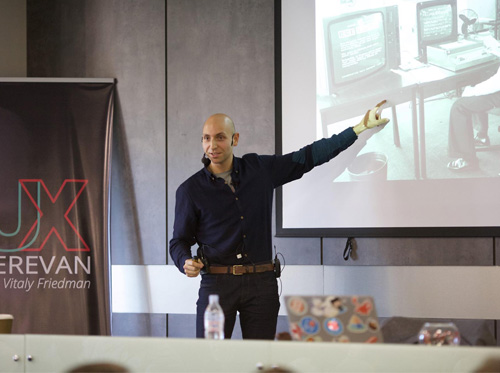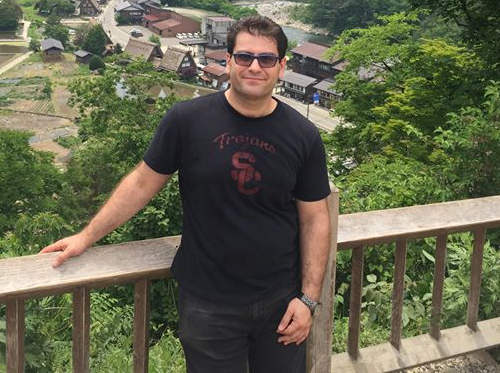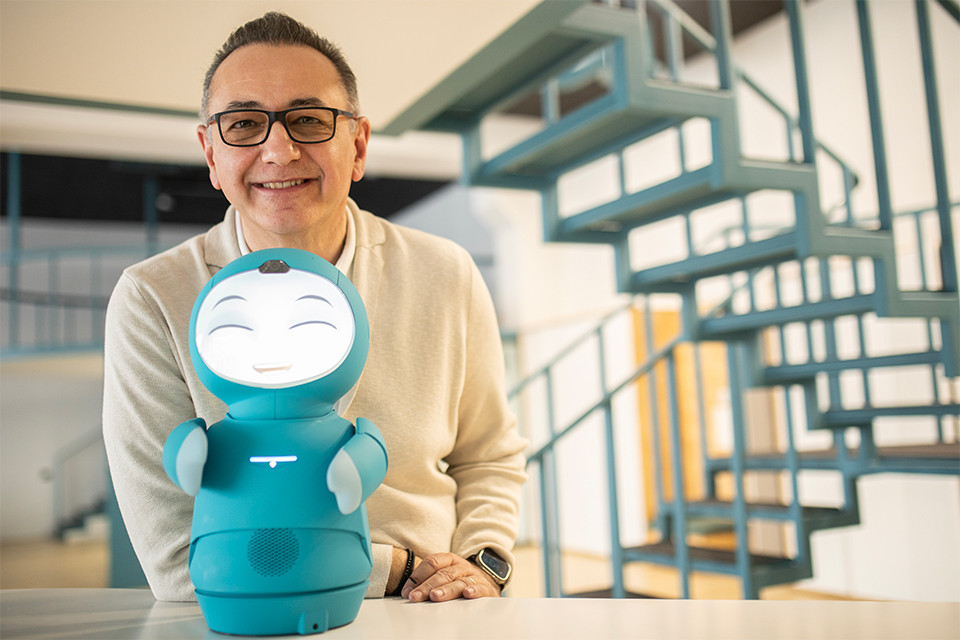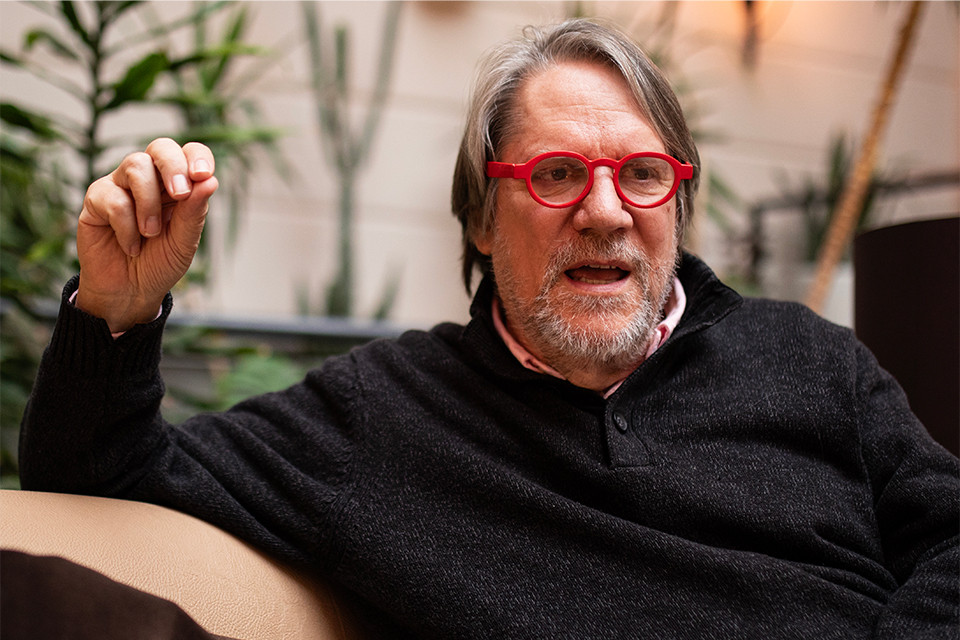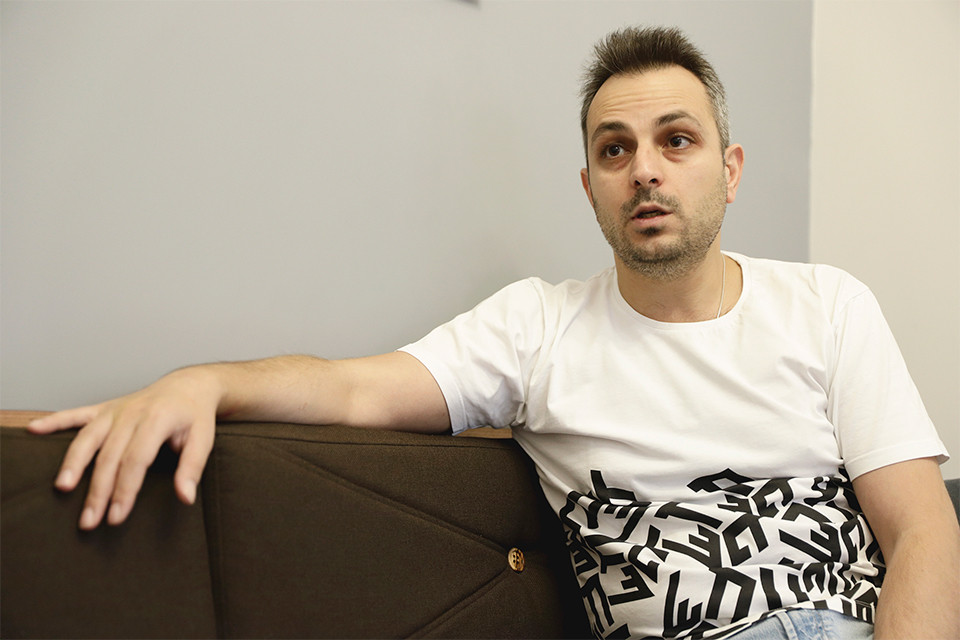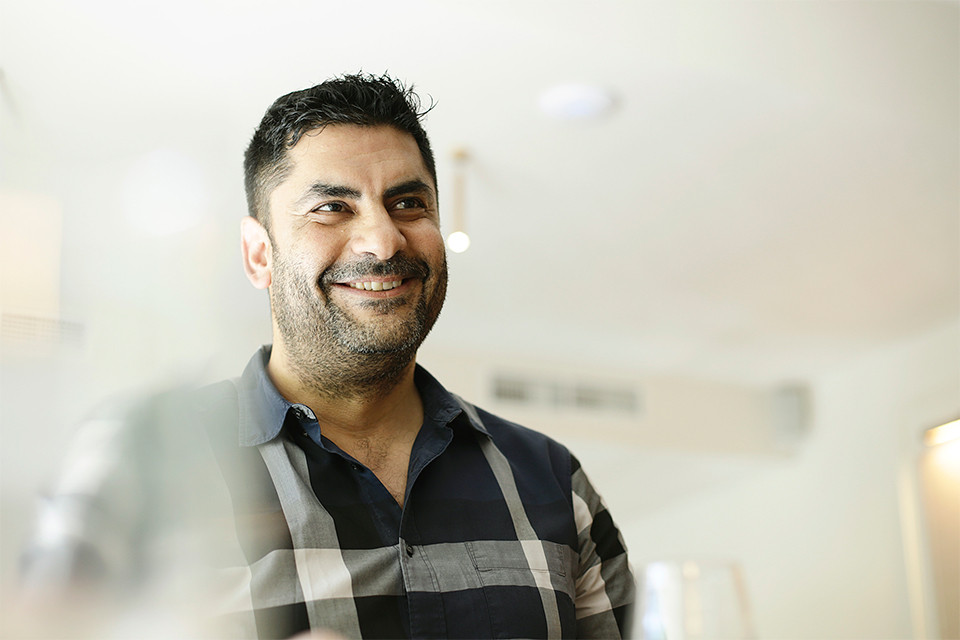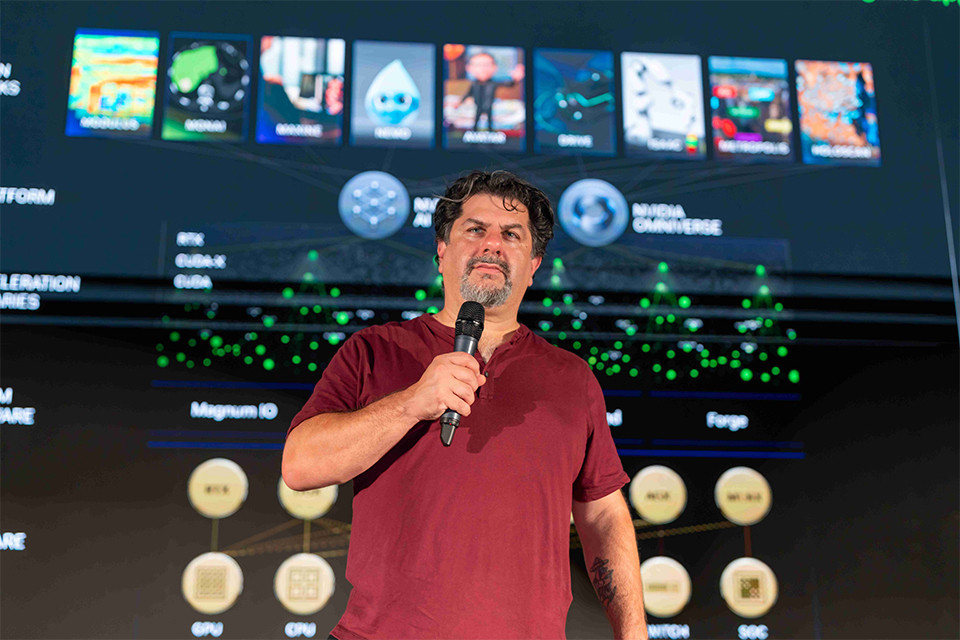-
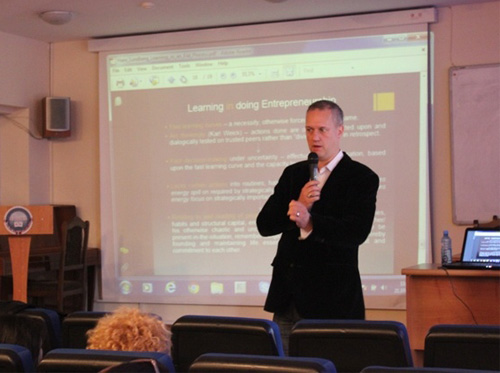
Hans Lundberg
14:54 | 02.11.15 | Interviews | exclusive 6391
Hans Lundberg: Armenia has to withstand the challenges of brain drain in IT
In late October, Russian- Armenian (Slavonic) University hosted “Learning as an Entrepreneurial Process” lecture delivered by EURAM Vice President, Linnaeus University Entrepreneurship and Business Professor Hans Lundberg.
The event was organized by the Network for Developing Lifelong Learning in Armenia, Georgia and Ukraine, EU Tempus program, which aims to promote active citizenship, personal development, business competitiveness and employment in Armenia, Georgia and Ukraine.
Itel.am had an exclusive interview with Hans Lundberg.
-What are the first impressions about the Armenian ecosystem?
-You have good traditions in different spheres and I’m not only talking about IT. It should be mentioned that technological innovations are good bases for development. Our aim is to broaden these bases.
However, often too much importance is placed on technological innovations and what the market really has is being omitted. The innovations are different and can involve various spheres. You shouldn’t ignore other fields. On the contrary, you should learn how to include them in your own sector.
- What challenges can you mention for the startup ecosystem?
- Armenia has to withstand the challenges of brain drain in the IT at this stage. When the sector develops, new alliances are being signed with external players, which is then followed by an opportunity and desire to continue the career abroad. The existing values should kept inside the country. If your best talents start working for multinational corporations, it won’t do Armenia any good.
Establishment of a local culture among Armenian businessmen that will create local “Googles” and “Facebooks” is the next step. It requires prudent tax conditions and something more. The brand should not only be “Made in Armenia” but also “Created in Armenia” and “Stays in Armenia”.
These young people, in addition to their core functions, should play an active role in the community setting, public opinion matters. They should make the authorities understand that they are here not only to work for their product and their market but also have a role in building a new, different Armenia.
Issues related to PR and legislation are also important. It is not just the training on how to set up a company, but how to interact with a certain circle and how to work with media. These are internal matters that should be dealt with within the startup ecosystem.
- Taking into consideration today’s global tendencies, what are the markets that the startups should pay attention to in your opinion?
- I think that competition within big markets, such as the U.S. is very high. Having said that, if you succeed there, you will succeed everywhere. It’s an educational journey.
Only the research conducted for the specific product in the market can show what market it is suitable for. Nevertheless, considering developing markets is also important. They are everywhere, on every continent.
My advice is as follows: continue the efforts to establish in the already developed and famous markets and simultaneously study the developing markets and take surprising actions. Go to markets where you are not expected. A developing economy's penetration into another developing economy- that can be surprising.
I would like to see young Armenian entrepreneurs in the markets like this.
Narine Daneghyan talked to Hans Lundberg

